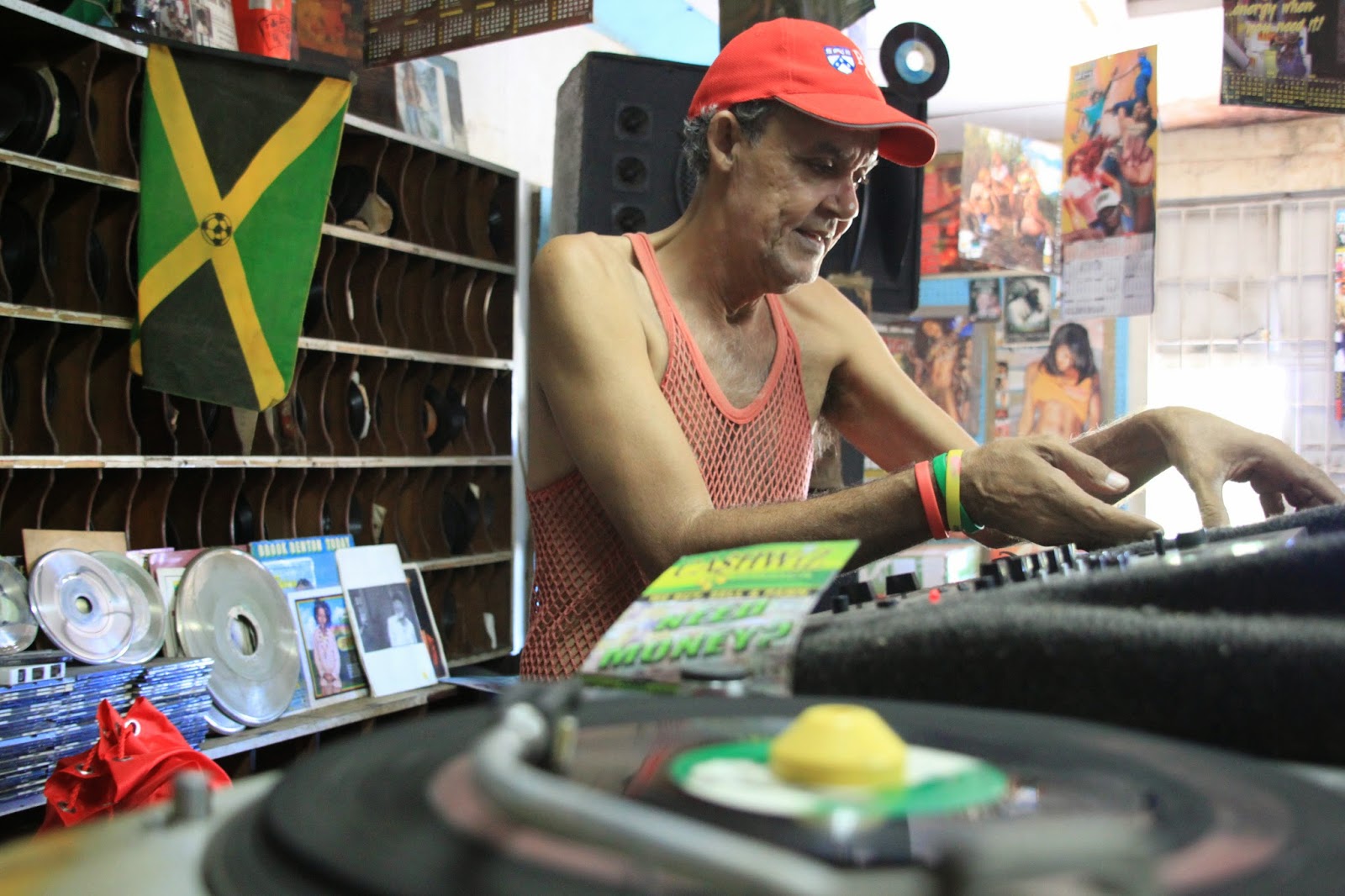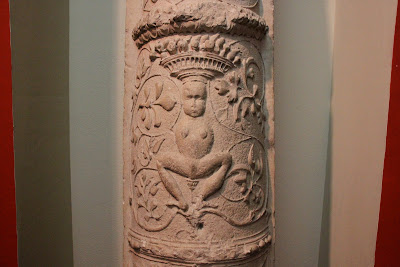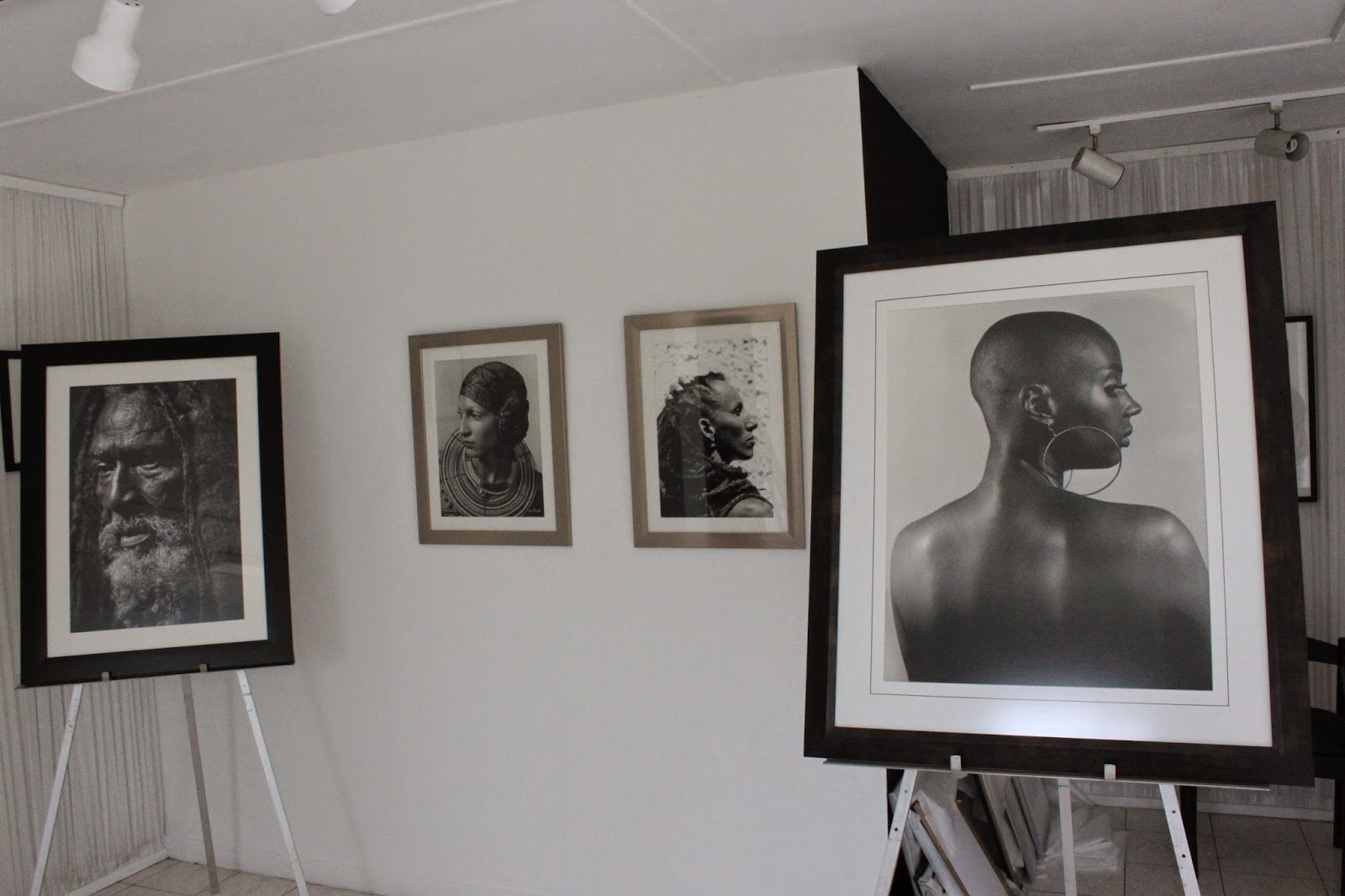India's Turning 'Asian Kool' Into Very Hot Sounds
Pop music: Record chiefs bet the next global hits will be rap monologues tinged with a Punjabi folk genre known as bhangra
Published December 26, 1994 Los Angeles Times
|AMITABH SHARMA | SPECIAL TO THE TIMES
NEW DELHI — They come in all sorts of fancy packages, colors and catchy names. Many are imports. They're not the latest detergents to hit India, but in a way they, too, are products of its liberalized market and changing society.
For anybody who thinks Indian music means the twanging sitar strings of Ravi Shankar or the booming tabla drums of Zakir Hussain, the new generation of popular singers here is as unnervingly shocking as Luciano Pavarotti doing the moonwalk.
Check out these lyrics to one recent hit, "Stop That":
My grandpa wears diapers, on his specs he has wipers
I have played football on Mt. Everest, pushed a train with both hands
I am a little kid 100 years old, too early to get married.
My grandpa wears diapers, on his specs he has wipers
I have played football on Mt. Everest, pushed a train with both hands
I am a little kid 100 years old, too early to get married.
The Gita it isn't, admittedly. But such rap monologues, spun to an amalgamation of reggae, rap and pop music, with a tinge of the Punjabi folk genre known as bhangra, have become wildly popular among Indians at home and abroad.
In fact, some record companies have been willing to bet millions that this new India-influenced sound, commonly known as "Asian Kool," is going to be the next big crossover success of the 1990s.
In the beginning--that is, in 1992--there was Baba Sehgal, who sang "Thanda Thanda Paani" ("Cold, Cold Water") an unabashed copy of Vanilla Ice's single "Ice, Ice, Baby." This maiden endeavor sold a million cassettes, almost doubling the Indian sales of a typical Michael Jackson release, music industry insiders say.
Lean and hungry, the newcomers have imitated Sehgal. All it takes is a recent Western song. The lyrics are erased and replaced with a generous helping of spicy words (often a mix of English and Hindi or Punjabi) and a dash of Indian-ness. And, voila! there's an Indian song of the '90s which, they hope, is set to rock the charts.
"Anyone who doesn't know how to sing can become famous by talking away," observed Jasmine Barucha, who reputedly is the first Indian musician to have her video beamed on MTV Asia.
Time was, the lyricists of India's Tin Pan Alley penned verse inspired by the lips and flowing hair of a damsel or a glass of wine. In India's new brand of rap, the nymph is omnipresent, but the focus has shifted from her lips . . . downward, shall we say.
"The popularity of this kind of music is catching on," said Sunil Menghrajani, regional manager of Magnasound, a recording company that produces cassettes and videos for Baba Sehgal and a host of other artists. "One, because it is novel. And two, there is something familiar in spite of its being novel.
"We have at the moment albums of about a dozen artists in the market and all of them are doing quite well. Baba Sehgal was just the tip of the iceberg, the rest is yet to come."
Another Indian company, Crescendo, has released more than 30 titles of Punjabi bhangra rap. C.T. Philip, manager for North India, says they are selling well.
But the local artists face the same problem that foreign acts from Ace of Base to Bryan Adams experience in the Asian market: widespread bootlegging of video and audio recordings.
Easily available counterfeits have driven down the sales of Crescendo's offerings. "The pirated cassettes sell at half the price," Philip said. "There are bound to be better sales if we reduce the price of our cassettes, but this is one area we cannot compromise upon."
India's enthusiasm for Asian Kool makes him optimistic anyway.
"In spite of the pirated cassettes, there is still a big market potential, and in the future we hope to sell even better than what Baba Sehgal did," said the Delhi-based Philip.
The heroes of India's new music range from college dropouts to dancers who just want to try out their voices. None seems to have had any formal training.
For instance, newcomer Piyush Soni is said to have had a "revelation" that prompted him to take up music. Now he is due to release his first album, titled "Chokkra" ("Boy").
Perhaps the most successful of the Asian rappers is Apache Indian (real name Steve Kapur), who has become a cult figure. A native of Jalandhar in Punjab who now lives in Britain, his single "Arranged Marriage," with lyrics questioning the Indian institution set to melodies of bhangra and reggae, was an instant hit here.
When he visited India soon after the video version of the song was screened Asia-wide on MTV, he was mobbed by thousands of enthusiastic teens.
Last month, two more imports from the United Kingdom--one known as the "god of bhangra ," the other as the "king of disc jockeys"--put on an Asian Kool show in a new discotheque on Delhi's outskirts.
Malkit Singh (the Punjabi-born "god") has already sold 9 million recordings. Also dubbed by his agents the "simple Sikh from Jalandhar," he says, " Bhangra is what I do best and that is what I plan to continue doing."
The "king," on the other hand, is a past master in remixing old Hindi film songs, adding a modern synthesizer and his voice-over in between the original words. Bally Sagoo has signed a $2.5-million, five-year deal with Sony Music, released his first album of remixes, and is climbing the British charts. He is working on a sequel.
One recent evening at the Oasis, a leading Delhi discotheque, the young crowd on the moat-encircled dance floor was unmistakably in favor of the new Indian music.
"It's cool, man!" one patron yelled happily as he and the others in denim or mini-skirts danced into the wee hours to the Asian Kool strains of Hindified rap and disco bhangra.




nice...i feel, its the beats which matter mostly now... neither the tune, nor the lyrics...
ReplyDelete